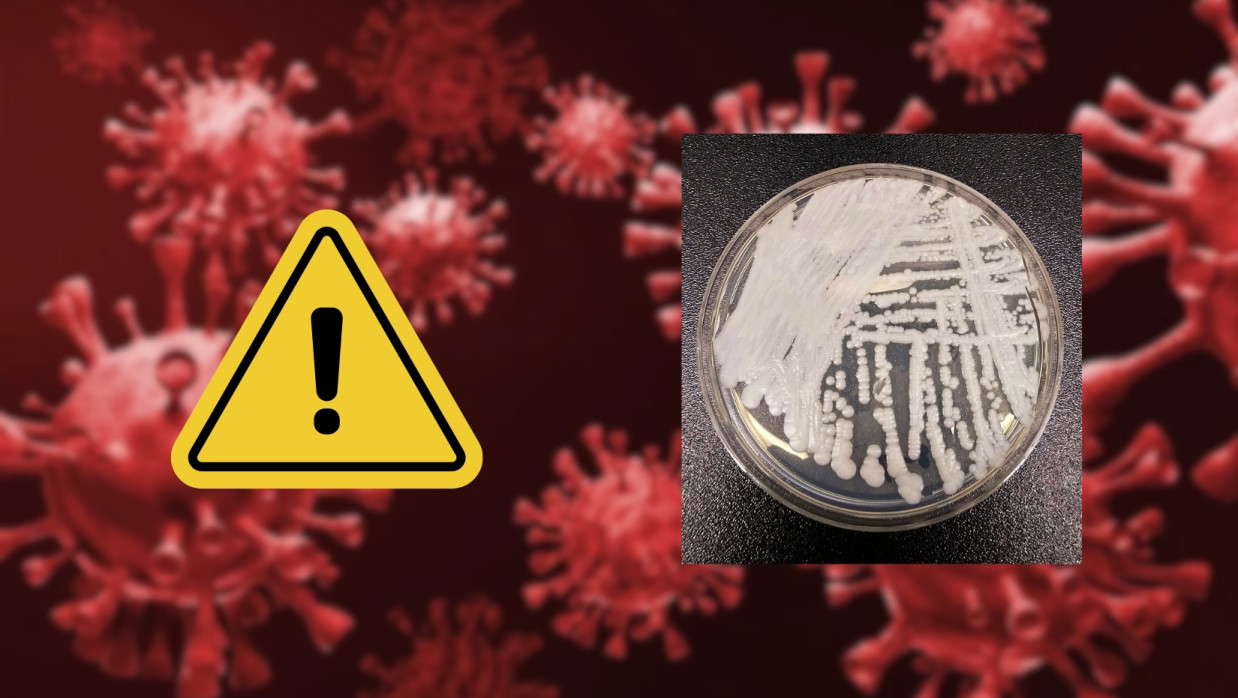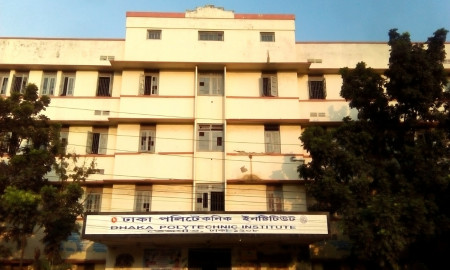ICDDR,b Study: Deadly Fungal 'Superbug' Spreading in Bangladesh NICUs

A highly drug-resistant fungal "superbug" known as Candida auris is spreading in neonatal intensive care units (NICUs) across Bangladesh, posing a grave threat to newborns and the healthcare system, according to a new study by the International Centre for Diarrhoeal Disease Research, Bangladesh (icddr,b).
Published in the journal Microbiology Spectrum, the research was conducted by icddr,b scientists in collaboration with the Institute of Epidemiology, Disease Control and Research (IEDCR) and technical support from the US Centers for Disease Control and Prevention (CDC). Candida auris, a fungus that can live harmlessly on human skin, sometimes enters the bloodstream, causing life-threatening infections. In low- and middle-income countries, C. auris infections carry a crude mortality rate of up to 70 percent, particularly endangering preterm infants, critically ill babies, and those with weakened immune systems.
From August 2021 to September 2022, researchers examined 374 infants admitted to NICUs in one public and one private hospital in Dhaka. They found that 32 babies (9 percent) were colonized with C. auris, while one (0.3 percent) developed a bloodstream infection. Over half of those colonized (56 percent) acquired the fungus after admission, indicating substantial in-hospital transmission.
The study revealed that 82 percent of the fungal isolates were resistant to fluconazole, the most commonly used antifungal drug. Although only 9 percent exhibited multidrug resistance, the researchers warned that C. auris persists on hospital surfaces for extended periods and spreads rapidly, marking it as a major healthcare-associated "superbug." Seven of the 32 infected infants, including the one with bloodstream infection, died during the study period.
Most colonized infants (81 percent) were born via cesarean section, suggesting prolonged hospital stays heighten exposure risks.
"This study provides important evidence of transmission of this superbug among critically ill and vulnerable patients in NICUs," said Dr Fahmida Chowdhury, associate scientist and lead of the AMR Research Unit at icddr,b. "It is a necessary first step toward implementing preventive measures at the administrative and policy levels."
The authors recommended regular cleaning of hospital surfaces with chlorine-based disinfectants, enhanced hand hygiene among healthcare workers, and ongoing surveillance to detect and isolate colonized or infected infants promptly. They urged authorities to act swiftly to contain this emerging threat in Bangladesh's healthcare facilities.








